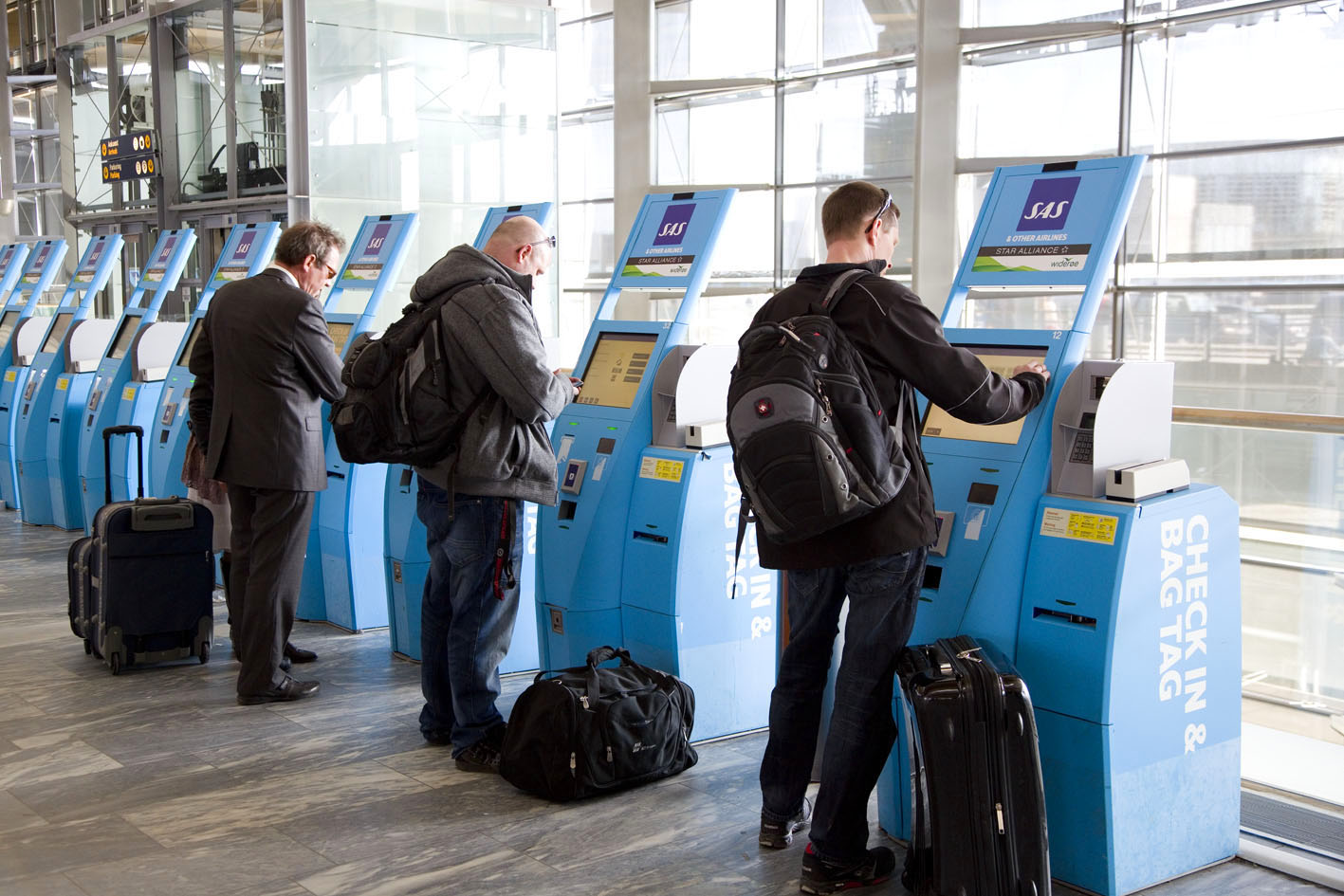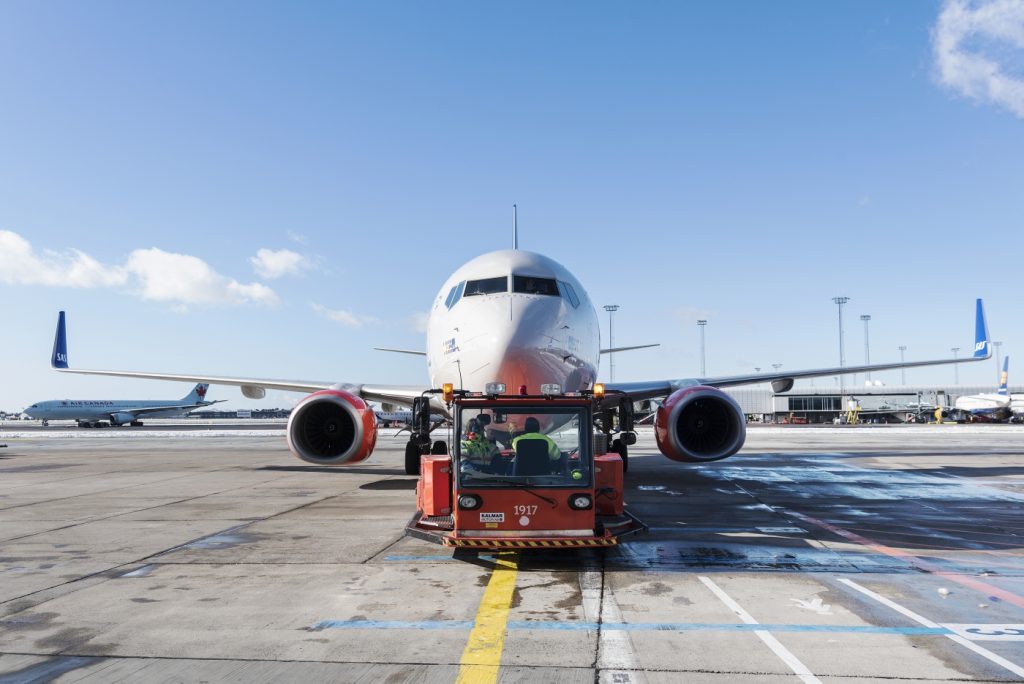
The SAS pilots strike that has resulted in over 4,000 flights being cancelled and the travel plans of approximately 360,000 passengers being affected has come to an end after a marathon 34-hour negotiating session between pilot unions and SAS management ended late last night. 1,409 pilots from Denmark, Sweden and Norway had been on strike since the 26th April in a dispute over pay and conditions.
Pilot unions said they had been forced to stage the crippling walkout after SAS “unilaterally removed two cooperation agreements that regulate the pilots’ employment security and seniority opportunities.” They claimed that more than a pay rise, they wanted a better work/life balance and greater roster stability.
SAS, however, said that simply agreeing to the pilot’s demands would have put the very existence of the airline in jeopardy.
So what have the two sides finally agreed?
- A three-year pay rise totalling 10.5% which is broken down as 3.5% in 2019, 3% in 2020 and 4% in 2021.
- Increasing the number of pilots who have a predictable roster from 40% to 60%.
- Reinstating agreements over seniority, promotion, etc.
SAS says it doesn’t yet know how much the disruption will cost but some estimates suggest the airline has lost $52 million lost revenue. Shares in the airline fell over 2% this morning and it could be several days before normal operations are fully restored.
Pilots had been originally seeking a rumoured 13% pay hike but the unions say flight crew wages at the pan-Scandinavian airline had lagged behind European competitors after they agreed a cut in 2012 when the company was on the brink of bankruptcy.

“It has been a very difficult negotiation process since March 11th, which, after a fruitless mediation, unfortunately, ended in strikes. We tried to avoid conflict for the longest time, and we are very sorry that it has affected both passengers, colleagues and other professions related to the airline industry,” commented Jan Levi Skogvang, head of the SAS pilots in Parat.
In a statement, SAS said the deal would provide “stability” for the airline’s future relationship with pilots but signalled that the agreement would cost the company dearly.
“SAS operates in a highly competitive market and with these agreements we now need to intensify our work to build a long-term profitable and sustainable SAS,” explained the airline’s chief executive, says Rickard Gustafson.
During the walkout, SAS was able to operate around 30% of scheduled flights which are operated by “partners” airlines that hire crew on different contracts. In the last couple of years, SAS has opened a base at London Heathrow (LHR) for short-haul operations to effectively reduce costs associated with high wages needed for Scandinavian workers.
Related
Mateusz Maszczynski honed his skills as an international flight attendant at the most prominent airline in the Middle East and has been flying ever since... most recently for a well known European airline. Matt is passionate about the aviation industry and has become an expert in passenger experience and human-centric stories. Always keeping an ear close to the ground, Matt's industry insights, analysis and news coverage is frequently relied upon by some of the biggest names in journalism.







